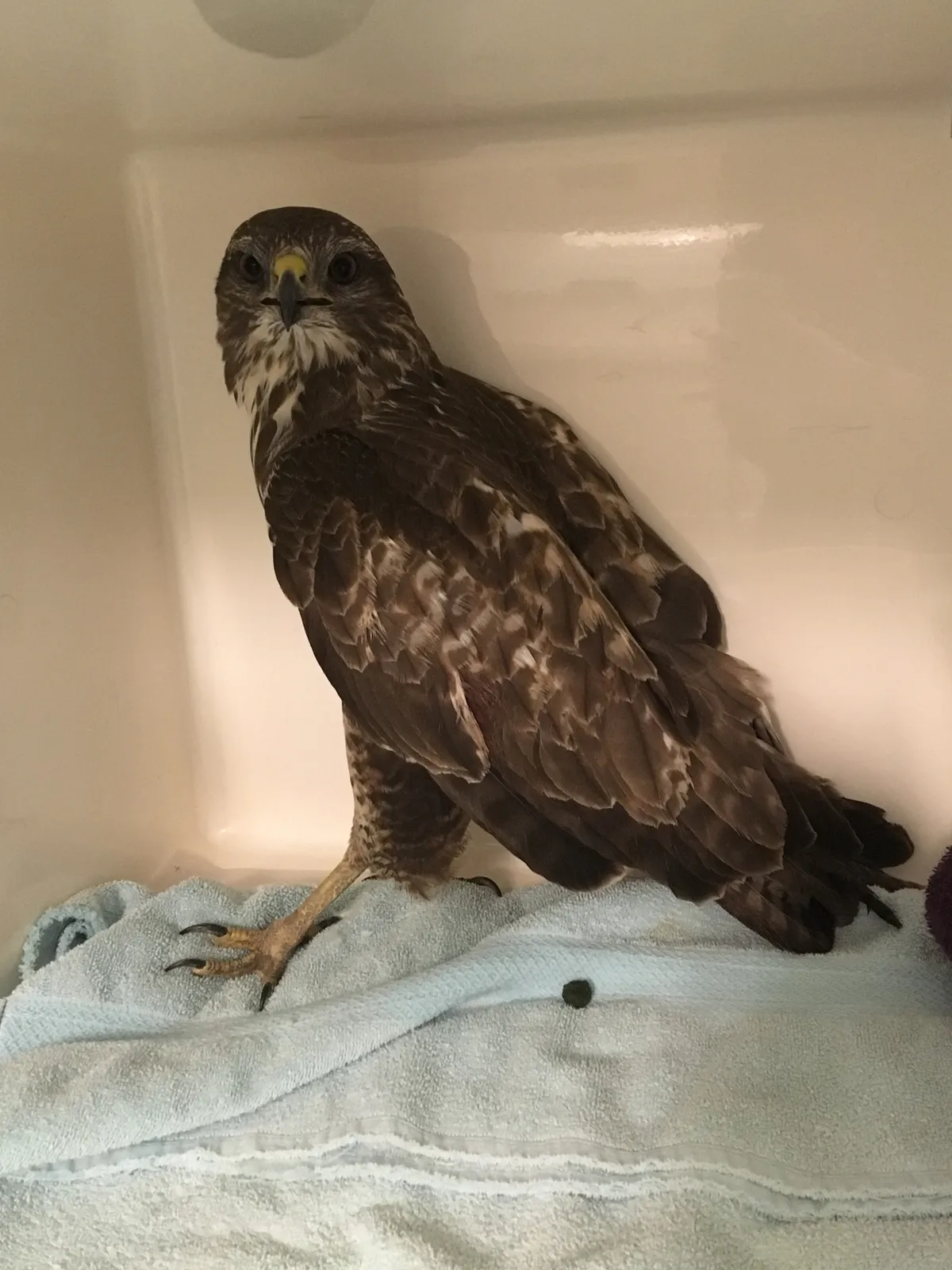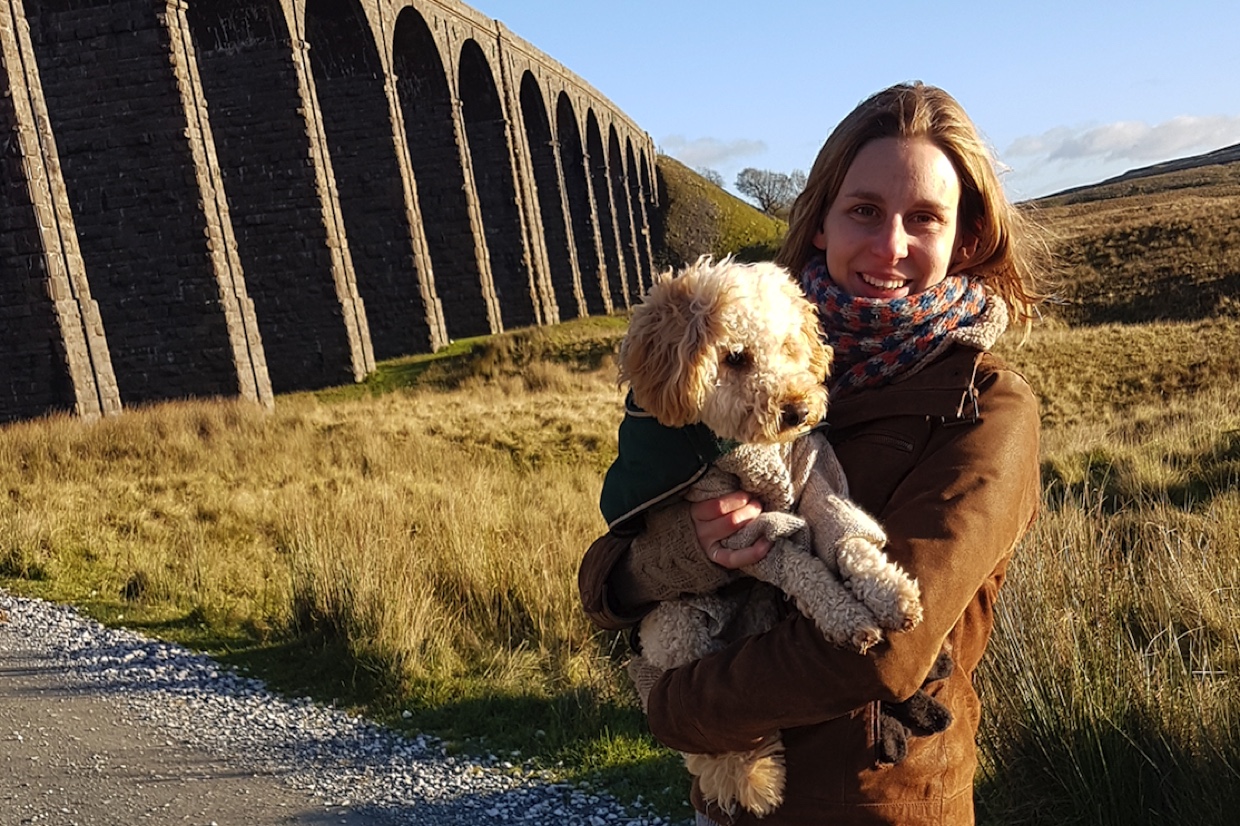The RSPB has seen a surge in reports of birds of prey being illegally killed since lockdown began.
Multiple cases involving the shooting, trapping and suspected poisoning of birds of prey are being investigated by police across the country.
Species that have been targeted include hen harriers, peregrines, buzzards, red kites, goshawks and a barn owl. Some birds of prey feed on pheasant and grouse chicks and the RSPB says that the majority of incidents are on or near land managed for game bird shooting.
“It is clear that criminals on some sporting estates, both in the uplands and lowlands, have used the wider closure of the countryside as an opportunity to ramp up their efforts to kill birds of prey,” says Mark Thomas, head of the RSPB investigations unit.
“Spring is the time when birds of prey are most visible and therefore vulnerable, as they put on courtship displays, build nests and find food ready to breed. It is clear the criminal actions are targeted and malicious in nature, taking out birds before they have the opportunity to breed, often in areas where they have previously faced persecution.”
On 29 March, a buzzard was found shot at Shipton, near York, with its wing fractured. It was rehabilitated by a local wildlife expert and released.

Over the Easter weekend, a red kite was found shot dead near Leeds, with 12 shotgun pellets lodged in its body. The following weekend, Countryfile presenter Iolo Williams also discovered a dead red kite in Powys, which had been shot.
Meanwhile in Scotland, the police are following up several bird of prey persecution cases and multiple reports of illegal trap use on grouse moors.
“It is clear that lockdown has been seen as a green light by those involved in raptor persecution offences to continue committing crimes, presumably in the belief that there are fewer people around to catch them doing so,” says Superintendent Nick Lyall, head of the Raptor Persecution Priority Delivery Group.
All birds of prey are protected by the Wildlife and Countryside Act 1981. To intentionally kill or injure one is a criminal offence and could result in an unlimited fine or up to six months in jail.
The Moorland Association, which cares for grouse moors and whose members include many shooting estates in England and Wales, has responded by saying it condemns any illegal activity and its members have signed up to “a cross-sector zero tolerance approach to wildlife crime”.
“The incidents specified near Leeds and York [by the RSPB] are clearly not on grouse moors,” says director Amanda Anderson, “while reports we have from our members in the uplands have suggested that many birds of prey are in fact benefiting from the lockdown restrictions and the subsequent reduction in disturbance from members of the public.”
The RSPB is encouraging the public to report any suspicious activity by calling the police on 101 or the RSPB’s confidential Raptor Crime Hotline on 0300 999 0101.

